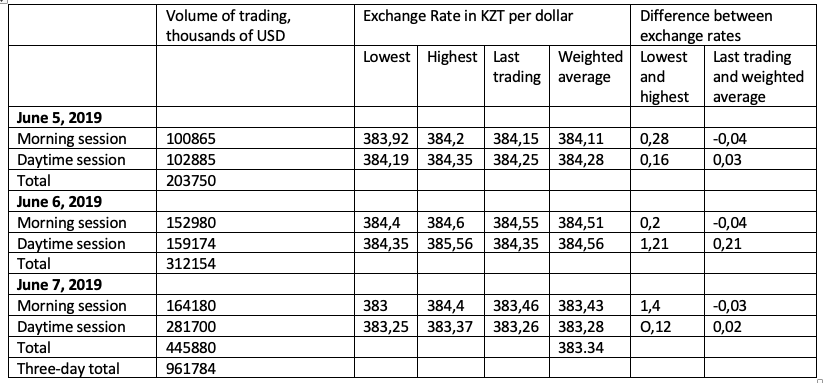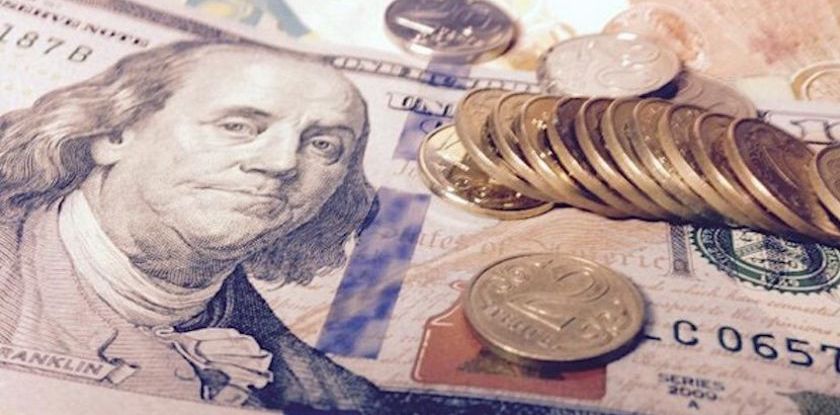The early presidential elections in Kazakhstan went as predicted. Most voters obediently came to the ballot stations and put the bulletins in the box. And even though the administrative resource had been widely used for their mobilization while the protests turned out to be much bigger than expected, it did not preclude Akorda from realizing the desired scenario.
In other words, nominally, Akorda has realized its main task of legalizing the transfer of the presidential chair to Nursultan Nazarbayev’s successor. The only question is at what costs?
The answers to this question will arrive as more and more details of what happened during the election campaign, on the day of the elections and immediately after this “historic” date appear in the information space.
Today, however, we can answer the following questions.
First: has anything changed in Kazakhstan’s domestic policy after the First President of the Republic of Kazakhstan moved from Akorda to the library building named after him?
The answer is no. The fact that, during the election campaign and on the election day, the state agencies, as per usual, had acted rigidly, stupidly, mindlessly (albeit effectively from the authorities’ point of view) testifies to it unequivocally.
Second: is the National Bank of the Republic of Kazakhstan a truly independent (from Akorda) structure?
In other words, does it really “report directly to the President of the Republic of Kazakhstan but, within the limits of its authorities, is independent in its operations” while “the current exchange rate policy prescribes floating exchange rate of the tenge” that “is formed under the influence of the fundamental factors”? With that, “for the Kazakh tenge dynamics, the fundamental factors are the world oil prices and the currency exchange rates of Kazakhstan’s main trading partners, first of all, of Russia”.
Once again, the answer is negative.
However, if in the first instance, our conclusion is based on the testimonies of the people and the video-recordings of the violations on the part of the state and the private parties acting in the interest of the authorities, then in the second one, it is confirmed by the KASE data on the foreign currency trading sessions during the week before the elections (June 3 – June 7, 2019).
The situation on the outside markets when the price for Brent crude oil had dropped by 12% from $70 to $61 per barrel in a very short period of time, from May 28 to June 5, 2019, could not but affect the Kazakh national currency exchange rate which seemed to have frightened Akorda and resulted in the fact that the National Bank was requested to interfere.
And even though the regulators’ official press-release of June 7, 2019, states that “as of June 6, 2019, the exchange rate reached 384.53 tenge per dollar” and closed “at 383.26 on June 7, 2019, having shown the growth of 0.3% ”, since “for the past twenty-four hours, the oil price had grown up to $62.2-$62.5 per barrel which was reflected positively in the tenge exchange rate”, it is nothing bur lies.
The KASE data shows that some major participant of the trading session was actively selling the US currency. And the role of this “activist” could only have be played by the National Bank of the Republic of Kazakhstan.
To confirm this, we present a table showing that the total volume of the dollar trading on June 5 – June 7, 2019, surpassed the overall average by approximately three times. By four times – on June 7.

Note that the difference between the lowest and the highest ceiling at the morning and the day sessions as well as the difference between the average weighted exchange rate and the exchange rate of the last trading deal clearly show that the said major participant was trying to let the exchange rate drop. Which turned out to be a successful yet a pricy undertaking – the cost was no less than US$ 0.5 bln.
Once again, all of this has showed, not only to the Kazakh citizens but to the whole world, that the independence of the National Bank of Kazakhstan is of the same quality as the Kazakh democracy. In other words, it is nothing but an imitation and the talks of the floating exchange rate are nothing but an unabashed lie akin to Kasym-Zhomart Tokayev’s public statements on the dialogue between the state and the civic society and on the freedom of speech.




